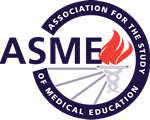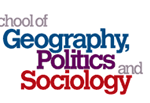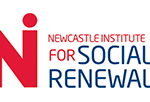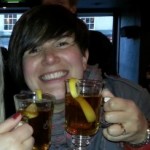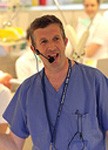 The School of Dental Sciences delivers two undergraduate and four post-graduate programmes. All our programmes have a strong vocational focus and the Bachelor of Dental Sciences, and the Diploma in Dental Hygiene & Therapy ( shortly to become the new BSc in Oral & Dental Health sciences) are both accredited by the General Dental Council.
The School of Dental Sciences delivers two undergraduate and four post-graduate programmes. All our programmes have a strong vocational focus and the Bachelor of Dental Sciences, and the Diploma in Dental Hygiene & Therapy ( shortly to become the new BSc in Oral & Dental Health sciences) are both accredited by the General Dental Council.
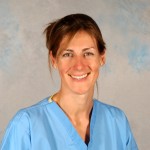 The transformation of a diverse group of young learners into technically able, reflective and professional dentists, and dental hygienists/therapists is not a particularly easy proposition. Many of the issues are common to medicine, particularly the application of science to a clinical scenario, developing effective communication and the attributes of being a health care professional. There are also unique challenges such as developing technical skill to a level so that our charges can safely perform extremely demanding technical dentistry in the confined space of the human mouth. They have to start doing this by the beginning of their second (BSc) or third (BDS) year. They also have to do this whilst also dealing with the apprehension that most dental patients seem to share.
The transformation of a diverse group of young learners into technically able, reflective and professional dentists, and dental hygienists/therapists is not a particularly easy proposition. Many of the issues are common to medicine, particularly the application of science to a clinical scenario, developing effective communication and the attributes of being a health care professional. There are also unique challenges such as developing technical skill to a level so that our charges can safely perform extremely demanding technical dentistry in the confined space of the human mouth. They have to start doing this by the beginning of their second (BSc) or third (BDS) year. They also have to do this whilst also dealing with the apprehension that most dental patients seem to share.
Action research to help us understand and develop our practice in this context where patient safety is paramount has, understandably, been an academic focus in the School of Dental Sciences for some years. The range of work is as diverse as the students we teach.
The student journey with a focus on the key transitions that are required throughout the undergraduate courses has provided us with a number of interesting research themes.
- Collaborative research with other Dental Schools has allowed us to compare the ability of different student selection techniques to predict future performance.
- The development of competence in essential techniques through simulated but authentic skill development progressing to real life dentistry and competence assessment is another time of essential transition.
- Our work with technology development and the use of electronic portfolio to enhance student’s ability to record and reflect in order to become life-long, independent learners is perhaps one of the largest areas for our research in recent years.
Our action research also engages with the local community (through outreach activities, community health education projects and patient involvement), as well as collaboration with other UK and European schools. Curriculum enhancements and innovations in sign-posting the acquisition of broad professional skills is an area of growing interest and one in which a number of successful innovations are now being published, as is enhancing feedback through self, peer, teacher and patient engagement.
Student support and the management of arising issues has led us to develop peer mentoring and to report on the increasing challenges of managing the ‘student in difficulty’.
An ongoing PhD study involving in-depth literature review and document analysis is currently allowing a full exploration of the concept of professionalism. We perceive that this may well be a starting point for a further broad reaching programme of research culminating in the development of a robust assessment of professionalism which could have an impact across multiple spheres.
The commonalities with aspects of all of the courses run in the faculty are easy to see and we look forward to working with other disciplines and making a full contribution to the new Unit.
Jimmy Steele and Janice Ellis, School of Dental Sciences
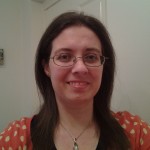 Ellis, J.S., Bateman, H., Thomason, J.M., Whitworth, J. (2015) Concerns about raising concerns. Medical Education, 49: 514-515.
Ellis, J.S., Bateman, H., Thomason, J.M., Whitworth, J. (2015) Concerns about raising concerns. Medical Education, 49: 514-515.
